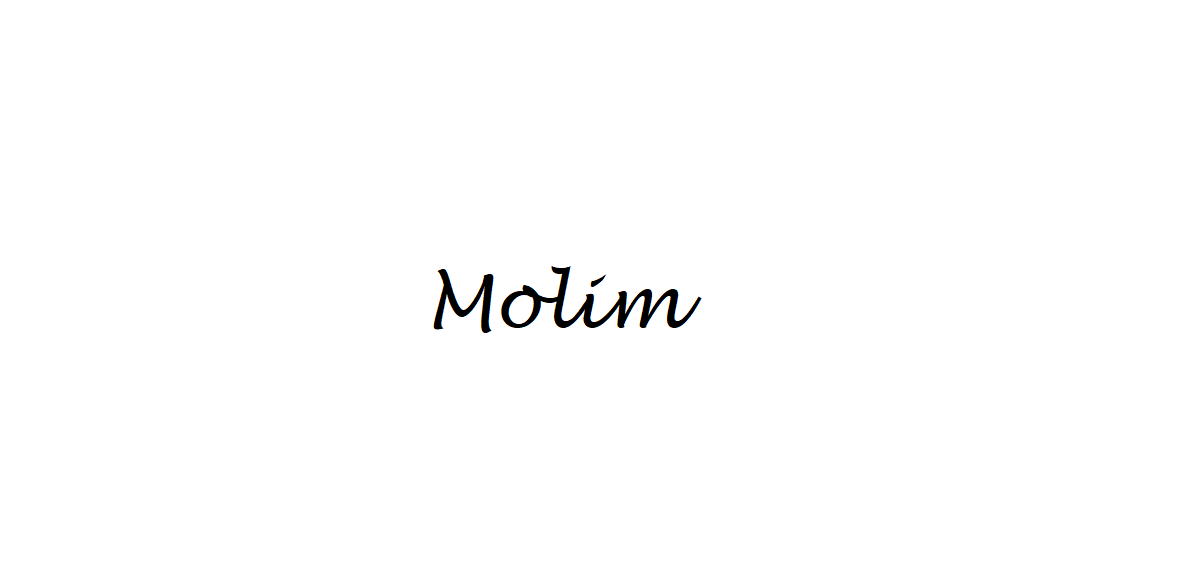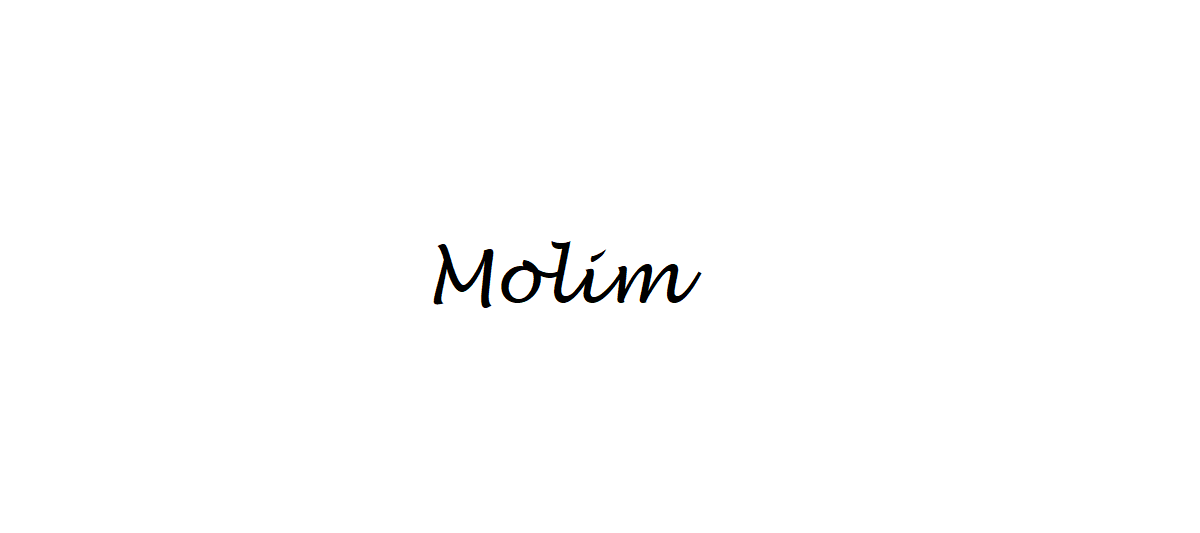In Croatia, there are several ways to say “You’re welcome.” Depending on the situation and the context of your conversation, you may choose one way over another. Here are some of the most common phrases used in Croatia for expressing appreciation for someone’s help or kindness:

How to Say You’re Welcome in Croatian
1) Hvala lijepa/Hvala vam – This phrase is a polite way to thank someone and can be roughly translated as “Thank you very much.” It implies that you really appreciate what they did for you and it is considered polite in any situation.
2) Nemojte se truditi – This phrase literally means “Don’t bother yourself” and is often used when somebody has done something extra special or helpful for you. It expresses a sense of gratitude without being overly formal or obsequious, making it suitable even among friends and family members.
3) U redu je – This phrase translates to “It’s OK,” but its meaning goes beyond just accepting something with grace.
4) Nema na čemu – A direct translation would be “There’s nothing on which,” but this expression actually means “You’re welcome.” It is commonly used between friends or relatives who know each other well.
5) Ne brini za mene – The literal translation here would be “Do not worry about me,” but this phrase carries less weight than saying “Nema na čemu.” Instead, it conveys a lighthearted tone while still expressing genuine thanks.
6) Drago mi je što mogu pomoći – Translating as “I’m glad I could help,” this phrase expresses sincere pleasure at having been able to assist someone else in some capacity.
Example Sentences using You’re Welcome in Croatian
1. Thank you for the help, you’re welcome! – Hvala na pomoći, nema na čemu
2. No problem, you’re welcome. – Nema problema, nema na čemu
3. I appreciate your kind words, you’re welcome. – Lijepo od tebe da si rekao/la to, nema na čemu
4. Glad to be of assistance, you’re welcome. – Radost mi je što sam mogao/la pomoći, hvala lijepa
5. It was my pleasure to help, you’re welcome! – Uživala sam u pružanju pomoći, nema na čemu


 Thank You in Croatian
Thank You in Croatian